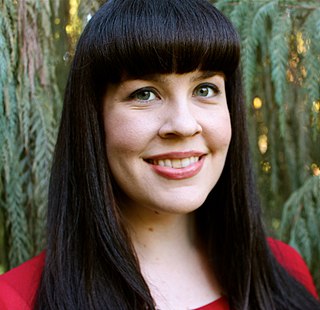A Quote by Jean de la Bruyere
If some persons died, and others did not die, death would be a terrible affliction.
Related Quotes
Of this I am certain, that no one has ever died who was not destined to die some time. Now the end of life puts the longest life on a par with the shortest... And of what consequence is it what kind of death puts an end to life, since he who has died once is not forced to go through the same ordeal a second time? They, then, who are destined to die, need not be careful to inquire what death they are to die, but into what place death will usher them.
I'm not blessed, or merciful. I'm just me. I've got a job to do, and I do it. Listen: even as we're talking, I'm there for old and young, innocent and guilty, those who die together and those who die alone. I'm in cars and boats and planes; in hospitals and forests and abbatoirs. For some folks death is a release, and for others death is an abomination, a terrible thing. But in the end, I'm there for all of them.
When a Forsyte was engaged, married, or born, the Forsytes were present; when a Forsyte diedbut no Forsyte had as yet died; they did not die; death being contrary to their principles, they took precautions against it, the instinctive precautions of highly vitalised persons who resent encroachments on their property.
Misunderstanding may arise by confusing the Buddhist and scientific definitions of death. Within the scientific system you spoke quite validly of the death of the brain and the death of heart. Different parts of the body can die separately. However, in the Buddhist system, the word death is not used in that way. You'd never speak of the death of a particular part of the body, but rather of the death of an entire person. When people say that a certain person died, we don't ask, "Well, which part died?"
Everything happens through immutable laws, ...everything is necessary... There are, some persons say, some events which are necessary and others which are not. It would be very comic that one part of the world was arranged, and the other were not; that one part of what happens had to happen and that another part of what happens did not have to happen. If one looks closely at it, one sees that the doctrine contrary to that of destiny is absurd; but there are many people destined to reason badly; others not to reason at all others to persecute those who reason.
If we desire to end our days in joy and comfort, let us lay the foundation of a comfortable death now betimes. To die well is not a thing of that light moment as some imagine: it is no easy matter. But to die well is a matter of every day. Let us daily do some good that may help us at the time of our death. Every day by repentance pull out the sting of some sin,that so when death comes, we may have nothing to do but to die. To die well is the action of the whole life.








































